It you are trying to deter wasps from swarming around your home or business, you may be thinking: what smell do wasps hate? This article looks at natural dislikes of wasps and what smells will keep them away.
What Smells Do Wasps Hate?
Wasps and bees in large swarms or a colony can be a huge burden for your property or household. Not only are they massive pest that causes immense disruption, but they are also an incredible danger to you and those that you live with; you don't want to risk anyone getting stung, regardless of whether they are allergic or not.
For those looking for many ways to get rid of wasps nesting in your site or potentially in trees by your home, then you may want to look at some scents that will irritate or repel them.
Wasps have a powerful sense of smell, and they utilise this strength to find food or fruit sources. Be sure to take advantage of this by using plenty of scents they dislike, such as lemongrass, peppermint, natural essential oils, sliced cucumber, bay leaves, vinegar, clove geranium oils, and flowers and scented herbs.
Wasps like sweet scents and love rotting or exposed food, fruit and garbage. Do your best to rid these from inside and outside your property as soon as possible to prevent colonies of bees and wasps.
Scents to Deter Wasps
Here are a few scents that you may utilise throughout or outside your home to help you in repelling wasps.
These methods aren't always guaranteed to work; however, they are great for short-term solutions so that wasps are kept far away from the nests built.
During this time, you'll want to search for exterminator services to remove the wasp's nest.
Many variables are involved in pest infestation, and local exterminators will always have the best ways, solutions and advice for keeping them off your grounds or garden. Contact them immediately for free quotes or further information.
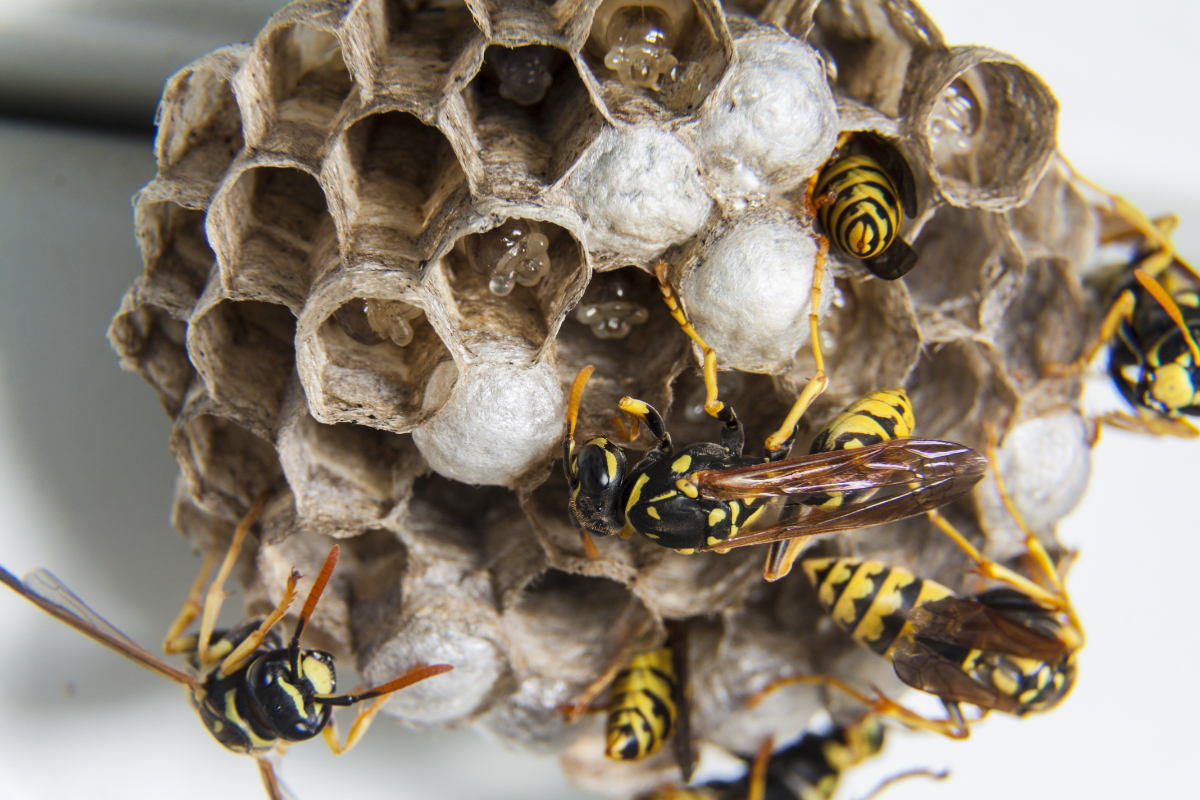
Wasps despise the scent of peppermint oil. It is not an essential oil that can harm the livelihood of wasps, yet it is an excellent deterrent and repellent as they will virtually not approach areas with this scent.
However, you will have to keep up with it frequently; apply it from time to time as the smell will not last forever. Natural essential oils can be on the expensive side, so you may want to make a significant cut within your budget if you wish to use this method many times a week whilst securing a solid solution.
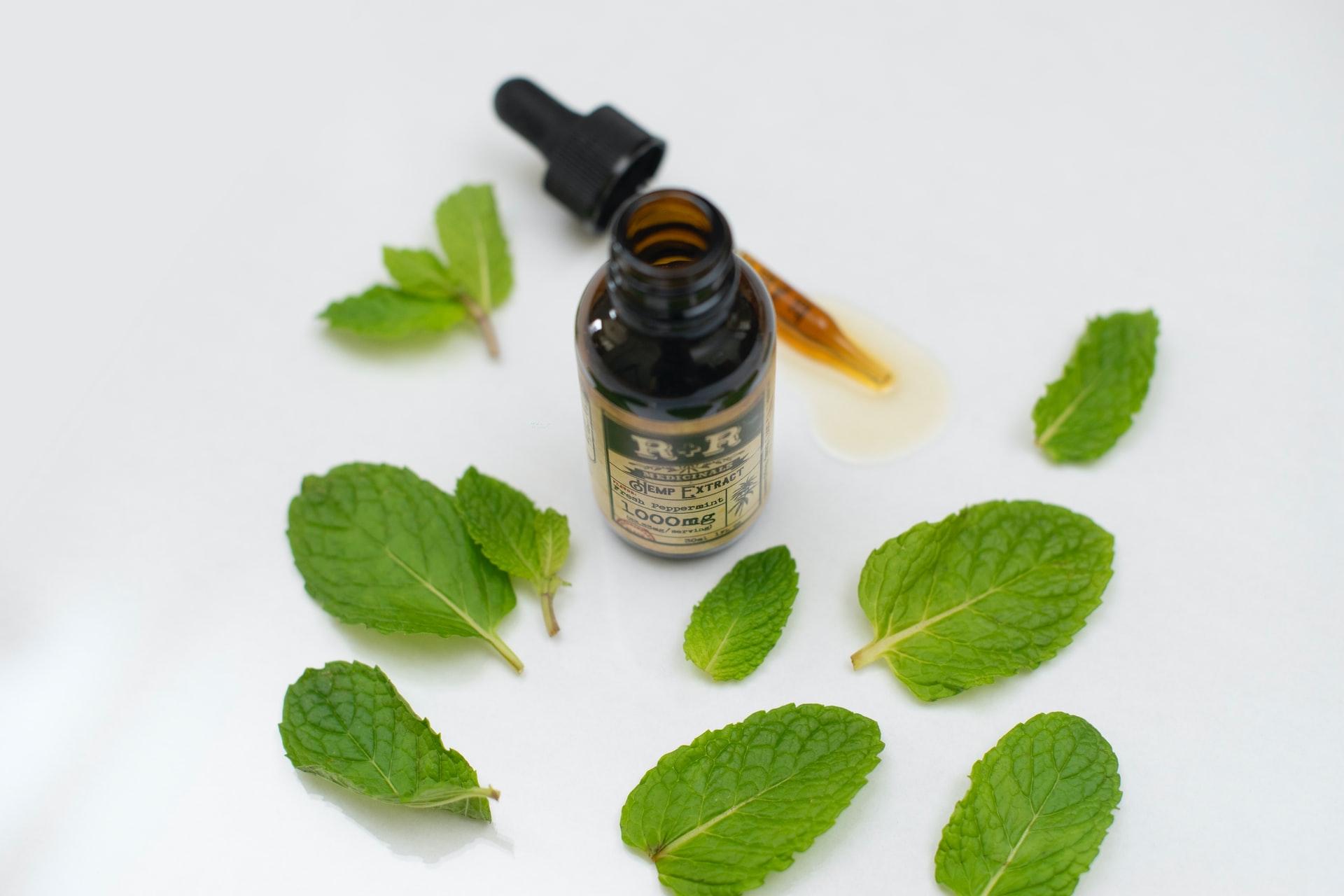
You can search for pre-made peppermint oil that has been concentrated, as this may be a tad cheaper and more straightforward to use.
The menthol that is prominent in peppermint oil or scents is perhaps what fuels wasps strong dislike for the smell.
Aromatic mint drives wasps crazy, and they hate it so that you may use any mint-scented foods or flavouring. It would be most effective when sprayed near windows, doors, and anywhere entryways whereabouts wasps and bees could find their way into your home and wreak havoc.
Spray it along the rails of your porch patio whilst you sit outside in the morning drinking your coffee; it'll smell delightful to you, all the while keeping the pests out of sight!
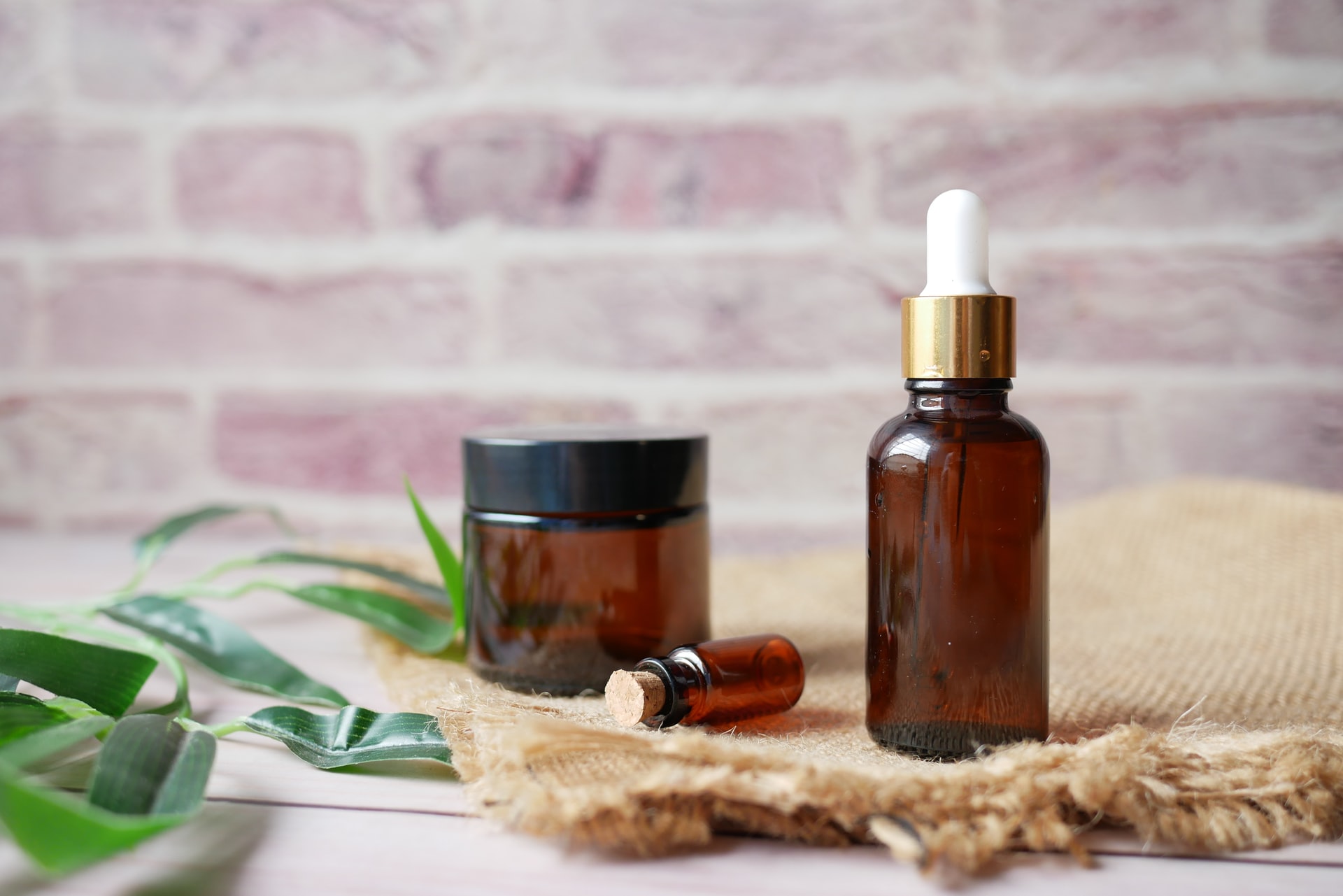
Another essential oil that studies have proved to be effective in getting rid of wasps in your area or away from your property is a combination of clove geranium and lemongrass. Plenty of research published has confirmed this to be the case.
Be sure to apply lots of natural essential oils directly onto various problem areas in your house; if you can afford to do so, we are highly aware of how expensive these oils can be. We advise that you mix a few drops of these essential oils into a spray bottle and dilute it with plenty of water.
Go ahead spray this both outside and inside your home. Covering the entire of your household or backyard with this oil blend mixture is virtually impossible. The vital areas to ensure you get are the problem areas, such as cracks by glass windows or doors.
You must be aware this is only a short-term resolve for something that could be a long-term issue, and in the meantime, of using this technique, you'll want to search for a better solution. A professional exterminator must remove your wasp nest.
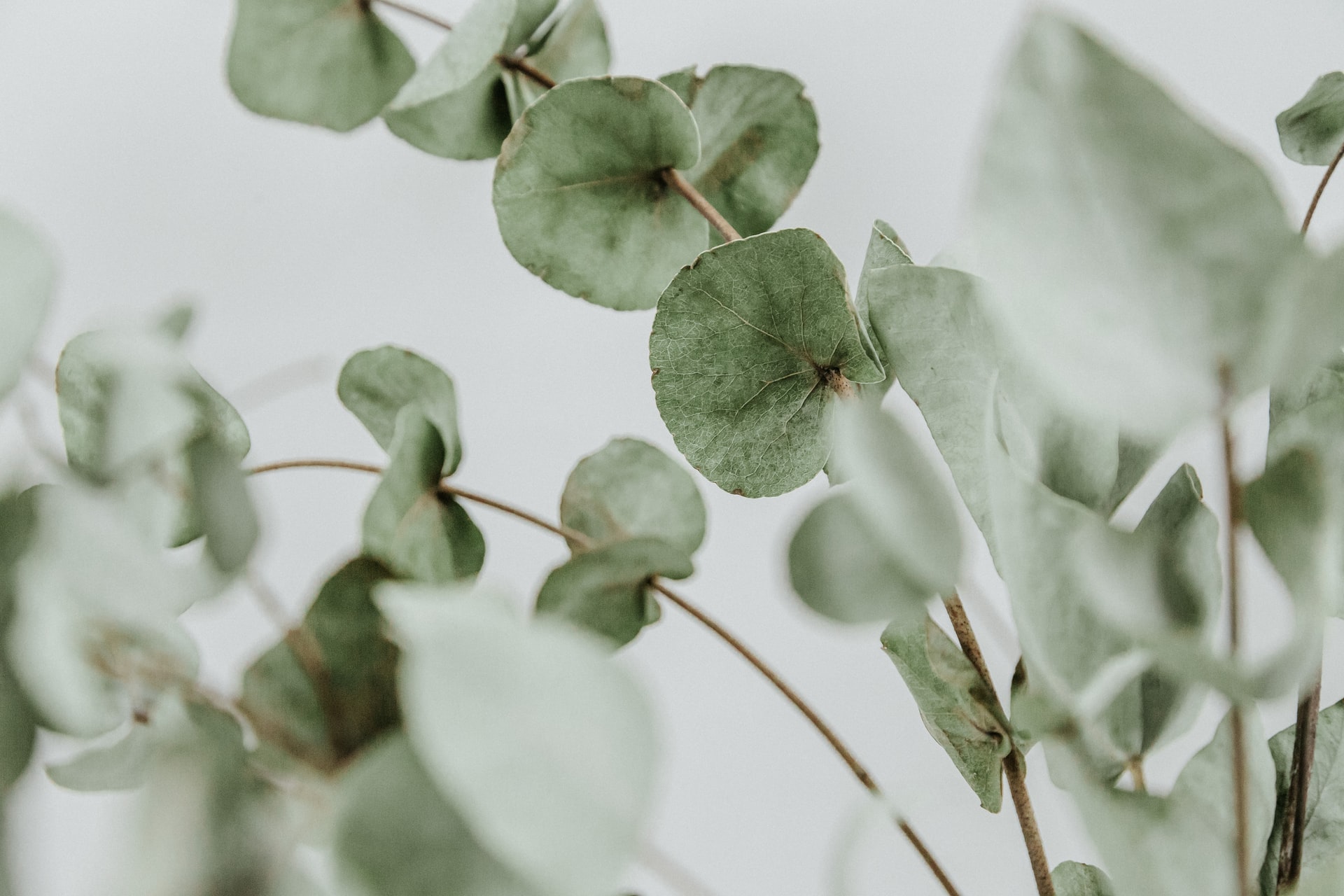
There are many ornamental plants that wasps are attracted to; however, there are certainly plant herbs that you can keep or grow in your garden that will deter them.
Herbs like eucalyptus, thyme, wormwood, citronella, basil and mint are effective for repelling wasps. They have such a strong scent that they will drive them away from your property.
An excellent strategy to test this is purchasing a large and creating a flower bed with soil, seeds, and pre-grown herbs. You could also put plant herb pots by your windows.
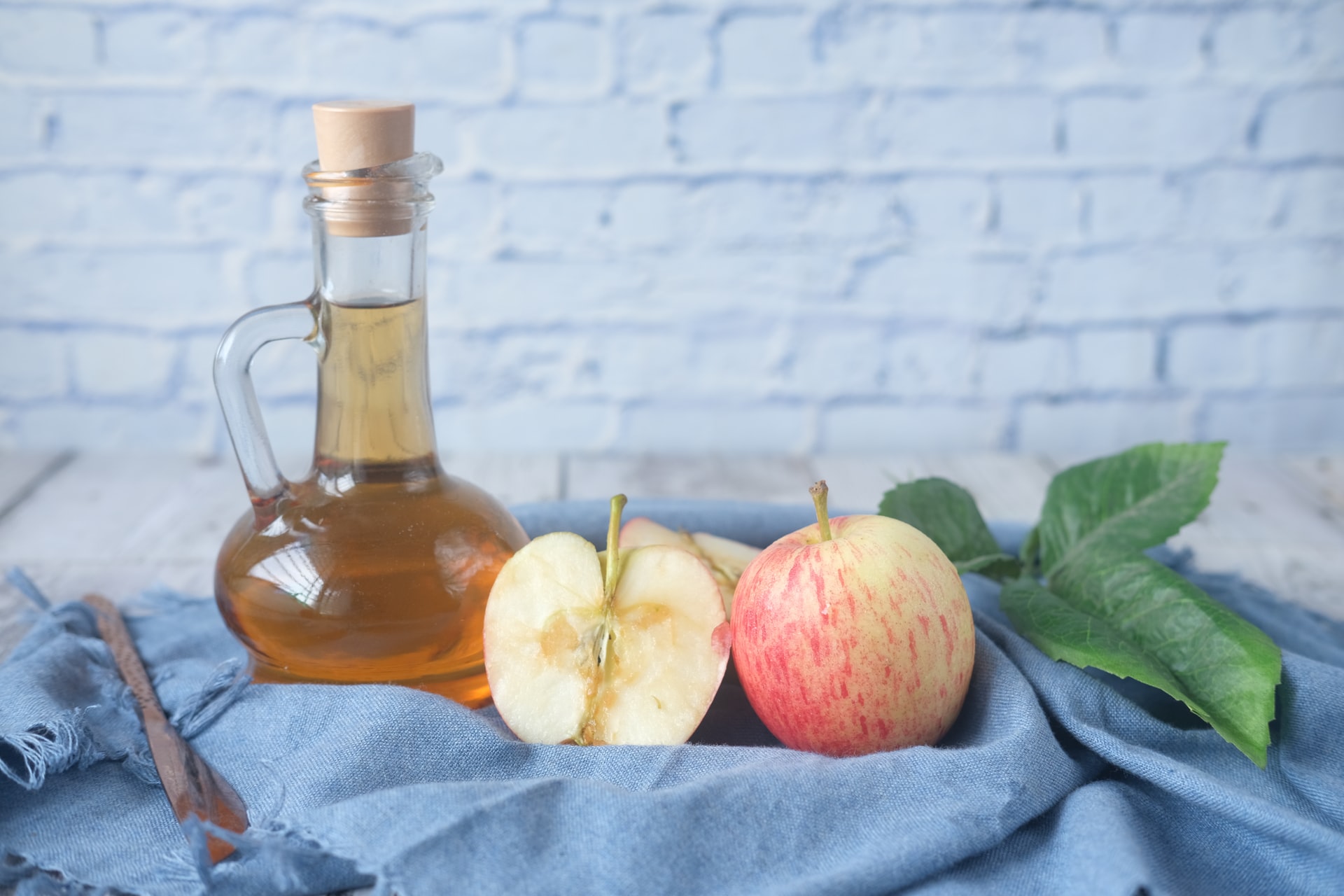
You can repel wasps in the home using highly popular household items. Vinegar. Wasps are distracted and put off by strong scents, use a mixture of water and white vinegar as an effective repellent. It is strong enough to mask odours that attract pests like wasps.
Never use apple cider vinegar as this scent attracts wasps. A handy tip is to add peppermint oil to this mixture, especially if you are spraying it liberally around your home in more extreme wasp infestations.
Peppermint will be a more pleasant scent for you and ensure the vinegar isn't too overpowering; however, the mixture of these two smells will put off any insects.
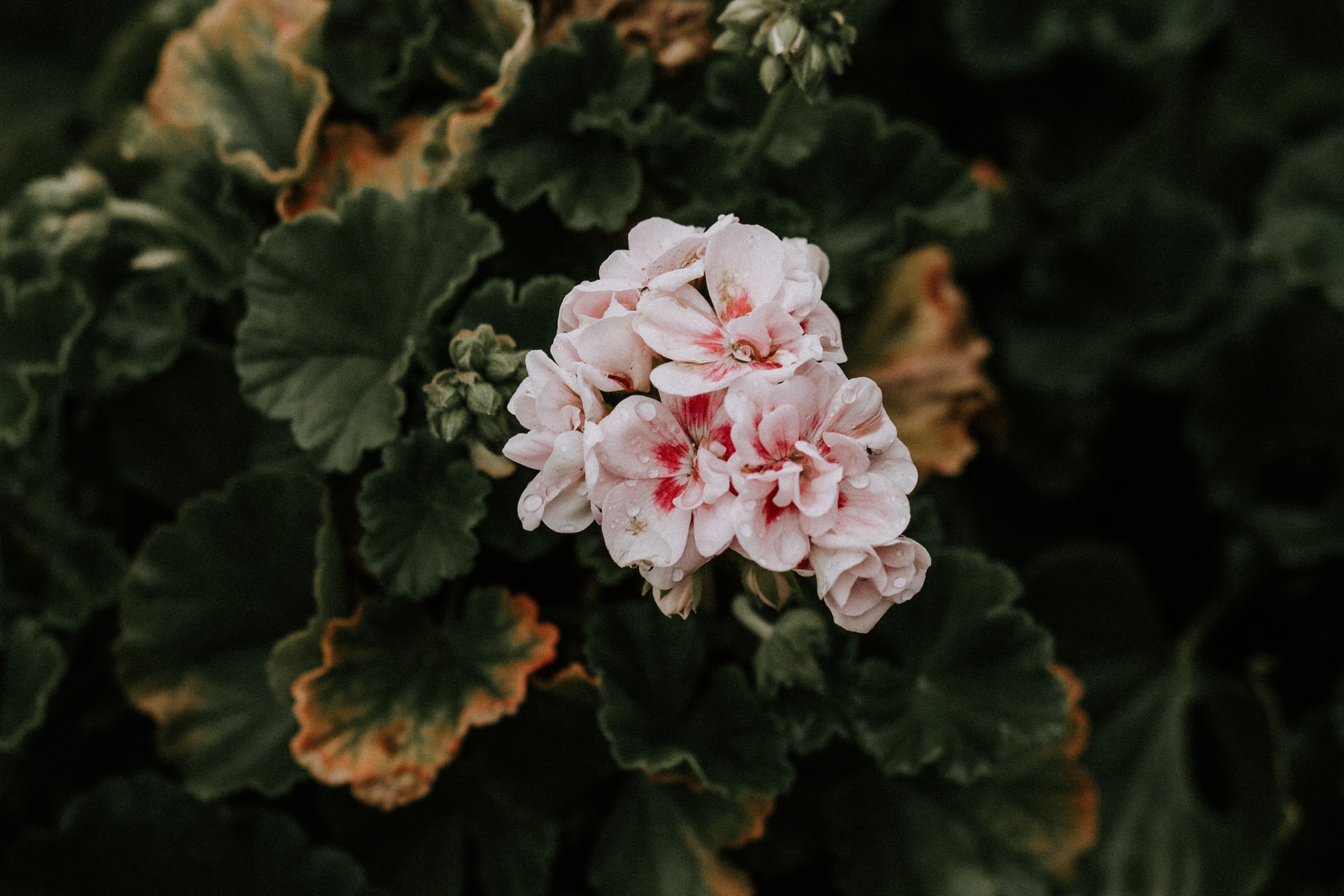
Not all existing plants attract swarms of wasps; many of them possess strong odours that they would rather avoid, much like spices and herbs. Geraniums are ornamental plants that help deter wasps from your backyard or garden.
The scent that comes from the blood-red or brown coloured flower helps rid wasps and critters due to its wild pungent smell. It is a quality method; however, you shouldn't solely rely on this as an anti-wasp tactic or repellent.
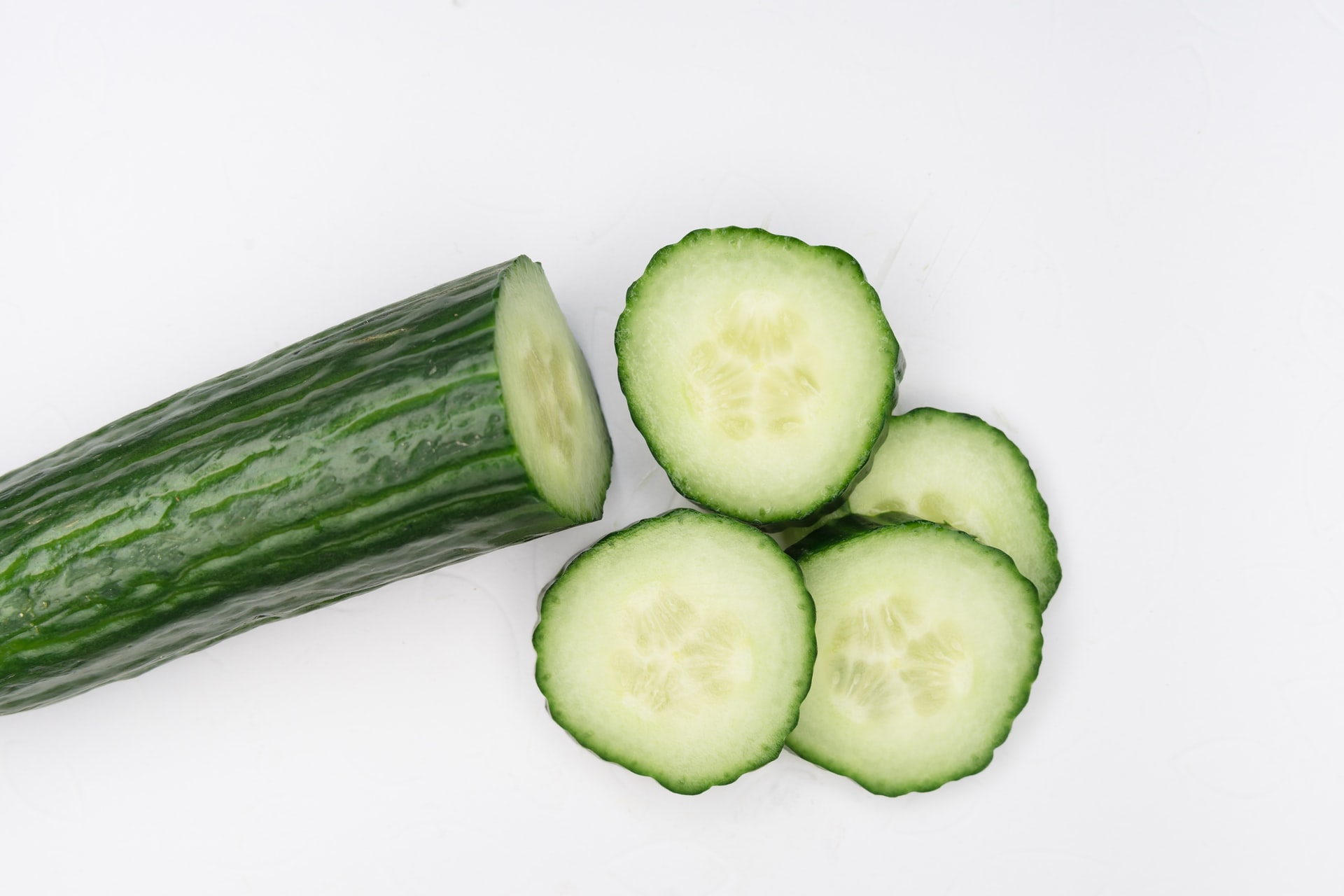
Another DIY thing you can do to get rid of wasps is through the use of cucumber and the strong acidity it produces.
With this method, you don't need to conjure up mixtures or sprays; you have to cut it up and spread it thoroughly across your backyard or aspects of your home where you can see or sense the wasps.
You could even serve or store your cucumber inside an aluminium tray, pan or dish. It will produce an incredibly undesirable chemical reaction for wasps. However, your cucumber could attract other insects like flies and bees over time, so use it sparingly.
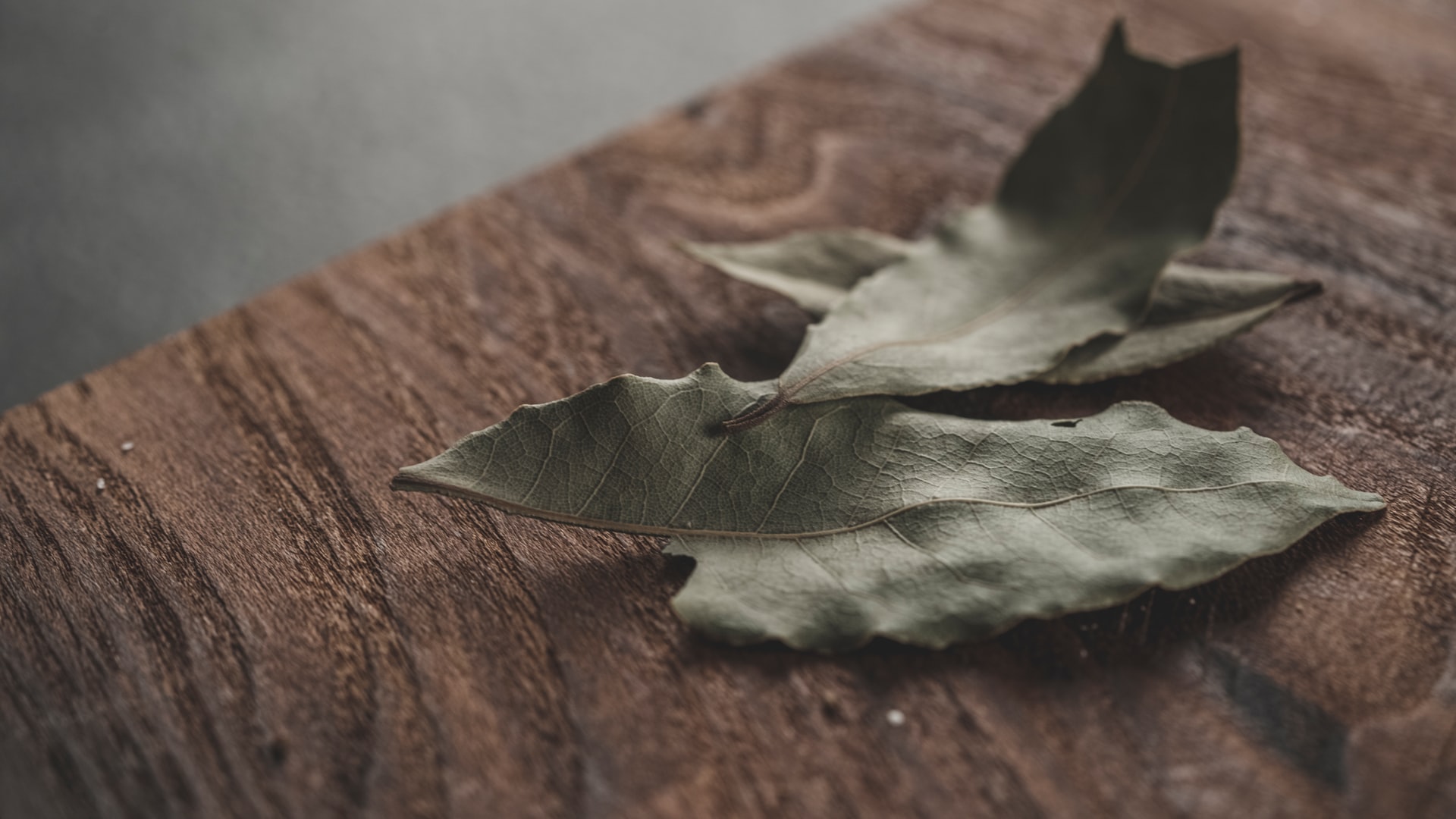
Bay leaves contain a eugenol essential oil, which can be incredibly effective for ridding wasps or deterring them from specific problem areas.
To achieve this, first, you must grind up many dried bay leaves, then find where wasps are commonly seen and scatter these leaves across this area.
Another great idea is to add additional spices such as chilli powder or cinnamon powder. It creates a much stronger scent and releases eugenol oil that will deter wasp activity.
Why Do You Need To Repel Wasps?
Wasps can often be confused with worker bees or queen bees as their physical appearance can be relatively similar; however, wasps are more dangerous than bees.
They can become increasingly aggressive if you aggravate them. A wasp's primary purpose in our environment and broad ecosystem is to control insect lives, and therefore, it enforces defensive behaviours against their job and home, as wasps are territorial.
It is crucial to repelling them as they can be rather annoying pests. If you trigger them at any point through continuous swatting, disturbing or threatening them when they build nests, they can put you and your household at significant risk.
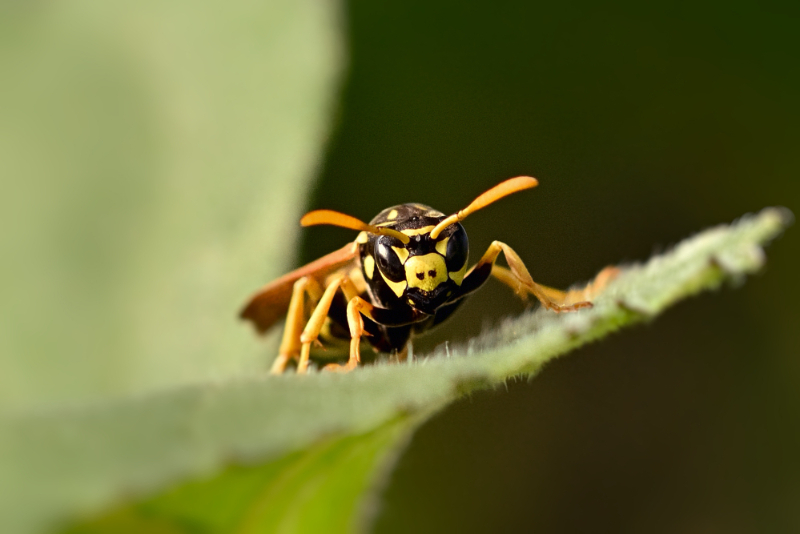
If you discover wasps in your home, you should never seal the nest inside the wall, thinking that they may eventually die off; they will desperately chew through the drywall.
Tips to Keep Wasps Away
Soap and Water
According to several wasp removals experts worldwide, you can successfully tackle any small wasp nests with just two tablespoons of dish soap inside a household spray bottle filled with water.
It works because the soap helps clog the spiracles or breathing pores; the wasps will die almost immediately.
Wasp Traps
Wasp traps are effective because they lure wasps and insects inside a sometimes locked container, offering tempting treats like sweet sugar water.
Ultimately, once they are inside, it prevents them from escaping at all. You can find intricate ones online, or you can even DIY them yourself.
Patch Up Cracks
If you need to keep all manner of wasps from entering and invading your home, you must strive to take as many preventative measures as necessary.
We highly recommend you seek to seal up any small cracks outside your home, especially those nearby power lines and the edges of roofs where they mostly enter the home from. Patch up any holes you find in window screens and do so in the late autumn or anytime after summer ends; plenty of worker wasps will have died off.
It is in the early spring when nests become active, so it is best to prevent access to your home during this time, as it helps keep them away in the coming season.
Seal Waste Bins
Studies have shown that wasp problems dramatically increase in yards with a large amount of food or food sources, such as recycling bins, composting food matter, such as meat, rotting fruit and veg, anything containing protein or any exposed garbage.
Ensure that you always tightly seal any lids onto your garbage bins, consider keeping compost bins indoors where possible, tightly sealing them to conceal the scent.
Are you looking for wasp nest removal in Bedfordshire or Hertfordshire? Our wasp pest control experts offer nest removal services for Milton Keynes, Stevenage and the surrounding areas. To learn more about our wasp pest control and nest removal, feel free to follow the links below.

